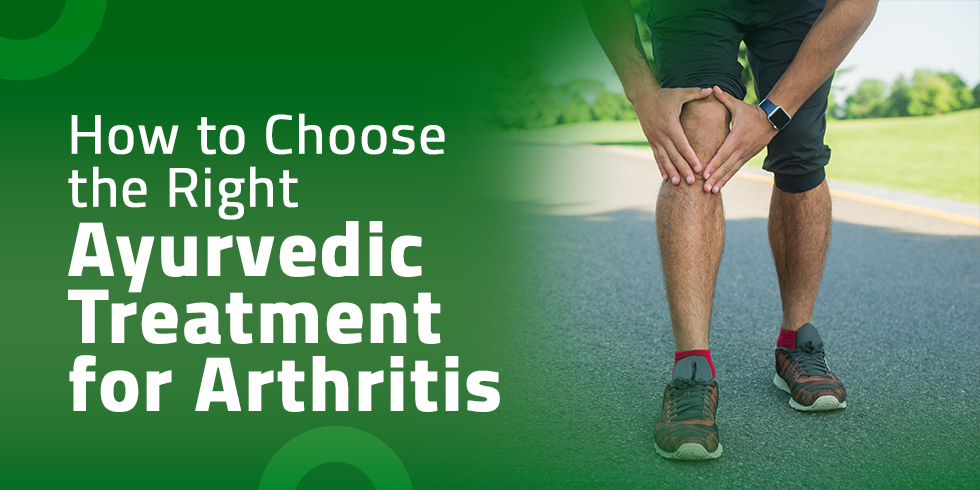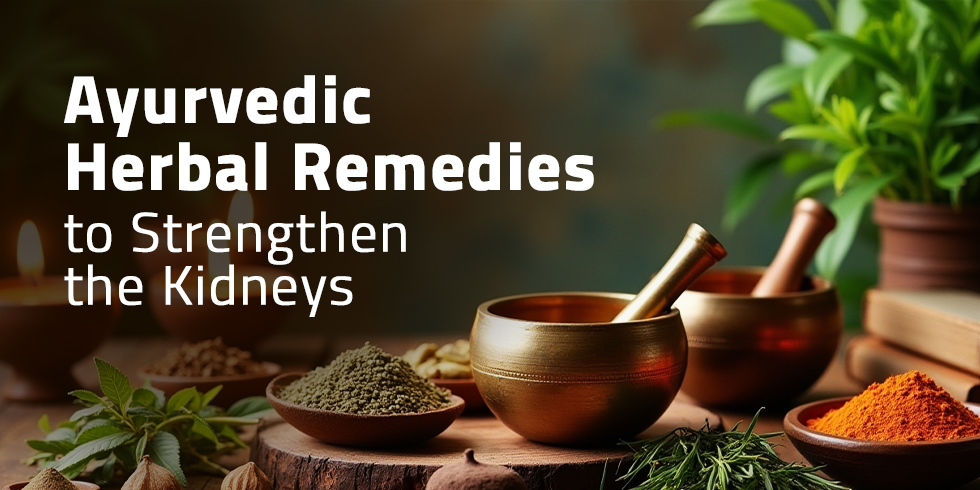Have you ever felt like the weight of the day is too much to handle? The constant noise of thoughts, stress, and exhaustion can make it hard to find peace. While modern treatments for depression include therapy and medication, many people are looking at traditional methods to find relief. One such practice is Abhyanga, an Ayurvedic massage technique that has been used for centuries to promote relaxation and emotional well-being.
In Ayurveda, balance is everything, and Abhyanga is a powerful way to bring harmony to both body and mind. This self-massage technique involves warm oil and gentle strokes that not only nourish the skin but also help calm the nervous system. Could something as simple as a daily oil massage really help with depression? Let’s take a closer look.
Key benefits of Abhyanga include:
- Calms the nervous system – The warm oil and gentle strokes send signals to the brain that encourage relaxation, reducing stress and anxiety.
- Improves sleep – Many people with depression struggle with sleep problems. A daily massage can help improve sleep quality by promoting a sense of calm before bedtime.
- Enhances circulation – Improved blood flow ensures that oxygen and nutrients reach all parts of the body, helping with energy levels and overall vitality.
- Supports detoxification – The movement of the massage helps stimulate the lymphatic system, which plays a role in removing toxins from the body.
- Boosts mood – Massaging the body stimulates the release of serotonin and dopamine, the “feel-good” hormones that help combat depression.
How Abhyanga Helps with Depression
Depression is often linked to imbalances in brain chemistry, stress hormones, and lifestyle factors. While there is no single cure, natural methods like Ayurvedic massage can play a role in improving emotional health.
Here’s how Abhyanga helps manage depression:
Reduces Stress Hormones
Chronic stress increases levels of cortisol, a hormone that, when too high, can lead to anxiety, fatigue, and depressive symptoms. Abhyanga helps lower cortisol levels by triggering relaxation responses in the body.
Creates a Sense of Routine
Depression often makes it hard to get through the day, and a structured routine can make a difference. Setting aside time for Abhyanga every morning or evening gives the mind a sense of stability and care.
Encourages Mindfulness
The slow and intentional strokes of self-massage help bring attention to the present moment. When massaging the body, the mind shifts away from negative thoughts and focuses on sensation, warmth, and relaxation.
Soothes the Vata Dosha
In Ayurveda, depression can be linked to an aggravated Vata dosha, which causes restlessness, anxiety, and nervous tension. The warm oil used in Abhyanga has a calming effect on Vata, helping to ground emotions and reduce overthinking.
Promotes Better Sleep
Many people with depression struggle with sleep disturbances. Abhyanga, especially when done before bed, relaxes the body and mind, making it easier to fall asleep and wake up feeling refreshed.
Supports Self-Care and Self-Love
Depression can make self-care feel impossible, but small, nurturing habits can make a difference. Taking a few minutes each day to care for the body with Abhyanga reinforces self-worth and compassion.
Steps to Practice Self-Massage
Practising Abhyanga at home is simple. All you need is a little time, warm oil, and a quiet space. Here’s how you can do it:
Choose the Right Oil
- Sesame oil – Best for calming anxiety and nervous tension.
- Coconut oil – Cooling and soothing, ideal for hot climates.
- Almond oil – Light and nourishing, good for sensitive skin.
- Ashwagandha-infused oil – Helps with stress relief and better sleep.
Warm the Oil
Pour a small amount of oil into a bowl and warm it slightly. It should be warm, not hot. You can place the bowl in warm water for a minute.
Start with the Scalp
Gently massage the oil into your scalp using circular motions. This stimulates the brain and promotes relaxation.
Move to the Face and Neck
Use upward strokes on the face and gentle circular movements on the temples and jaw. This relieves tension and calms the mind.
Massage the Arms and Hands
Use long strokes on the arms and circular movements on the joints. Pay attention to the palms and fingers, as they hold a lot of tension.
Work on the Chest and Abdomen
Massage the chest with broad, circular strokes. For the abdomen, follow a clockwise motion, which helps digestion and relaxation.
Focus on the Legs and Feet
The legs carry stress from daily activities. Use long strokes and spend extra time on the feet. Massaging the soles helps calm the nervous system.
Let the Oil Absorb
Allow the oil to sit on the skin for at least 10-15 minutes before taking a warm shower or bath. This helps the body absorb its benefits.
Encourages Emotional Release and Self-Awareness
When emotions build up over time, they often manifest as tension in the body. Stress, sadness, and anxiety can feel like a heavy weight on the shoulders or tightness in the chest. Ayurvedic massage helps release these trapped emotions by promoting deep relaxation and encouraging the mind to slow down.
Here’s how Abhyanga supports emotional release:
Activates Pressure Points
The body has specific points that store emotional tension. Gentle massage helps release stored emotions, bringing a sense of lightness.
Massaging the chest and solar plexus area can help relieve feelings of sadness or heaviness.
Reduces Overthinking and Restlessness
Depression often brings racing thoughts and a feeling of being stuck in negativity. Abhyanga helps bring awareness to the body, shifting focus away from excessive worrying.
When done regularly, self-massage trains the mind to slow down and be present.
Conclusion
Depression can make even the simplest tasks feel overwhelming, but small, comforting practices can help create a sense of relief. Abhyanga, a deeply calming Ayurvedic massage, offers a simple yet effective way to support mental and emotional well-being. By using warm oil and gentle strokes, it relaxes the nervous system, improves sleep, and encourages self-care.
While Abhyanga is not a replacement for medical treatment, it can be a valuable part of an Ayurvedic treatment for depression, working alongside other lifestyle changes and therapies. If you’re looking for a natural way to bring more calm into your daily routine, a few minutes of self-massage could be just what your mind and body need.




